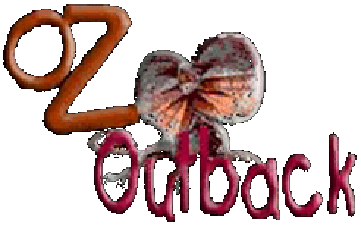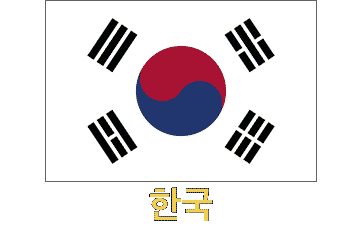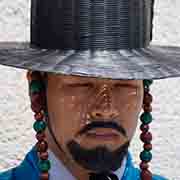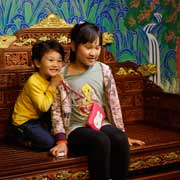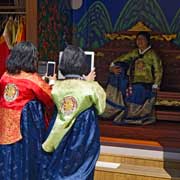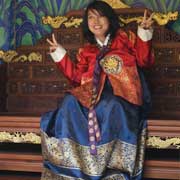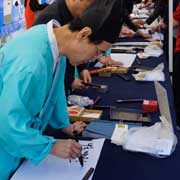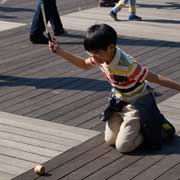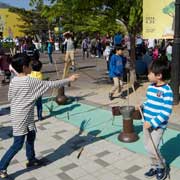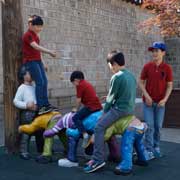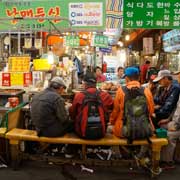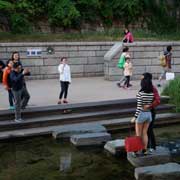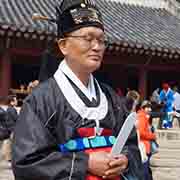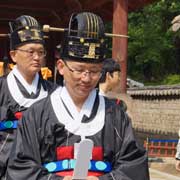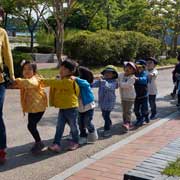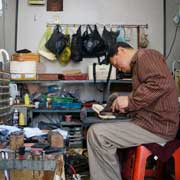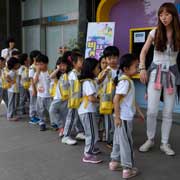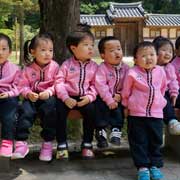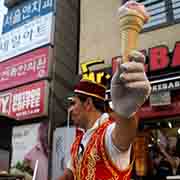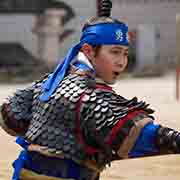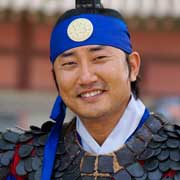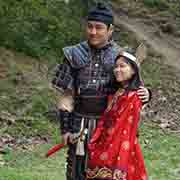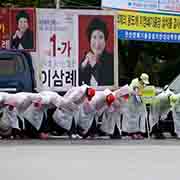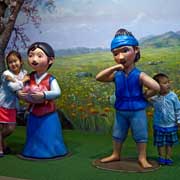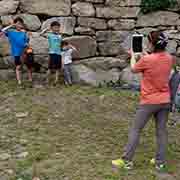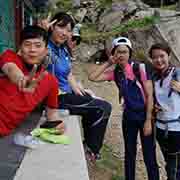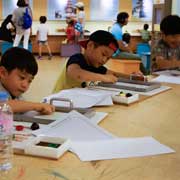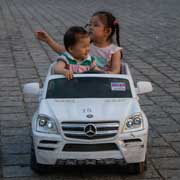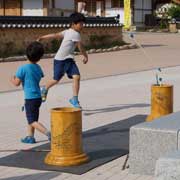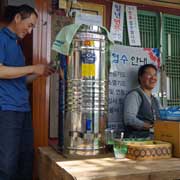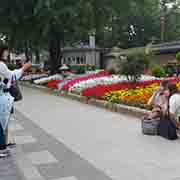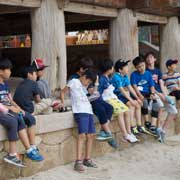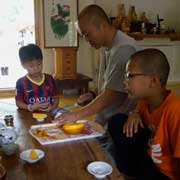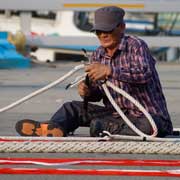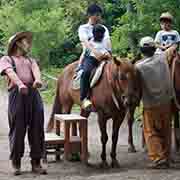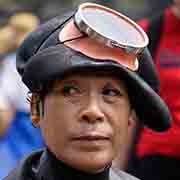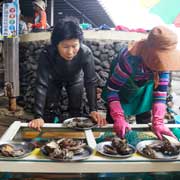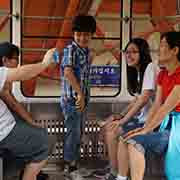Photos of Korean people, Korea
People of Korea
Koreans are an ancient people and can trace their history back thousands of years; they are a homogenous people, sharing a common culture, although there are regional differences. Their language is considered part of the Tungusic branch of the Altaic group of the Ural-Altaic language family. It also has a close relationship to Japanese in general structure, grammar, and vocabulary. The Korean form spoken around Seoul is regarded as standard - regional dialects differ mainly in accent and intonation. Except for the old Cheju dialect, all are mutually intelligible. Korean is written with a unique phonetic script, Han’gul, which was developed in the mid-15th century under the patronage of King Sejong.
you may then send it as a postcard if you wish.
Koreans cherish their tradition, culture and history. This is frequently displayed, like in re-enactments of “Changing of the Guard” ceremonies or Martial Arts displays in period costumes at the Palaces, now painstakingly restored, the Confucian Jongmyo Daeje Ceremony honouring the spirits of past rulers and visits to historic sites. Well-behaved groups of school children visit museums, temples and palaces, and learn to play ancient games, often while recording everything on their smartphones: South Koreans are some of the most technology-savvy people in the world.
